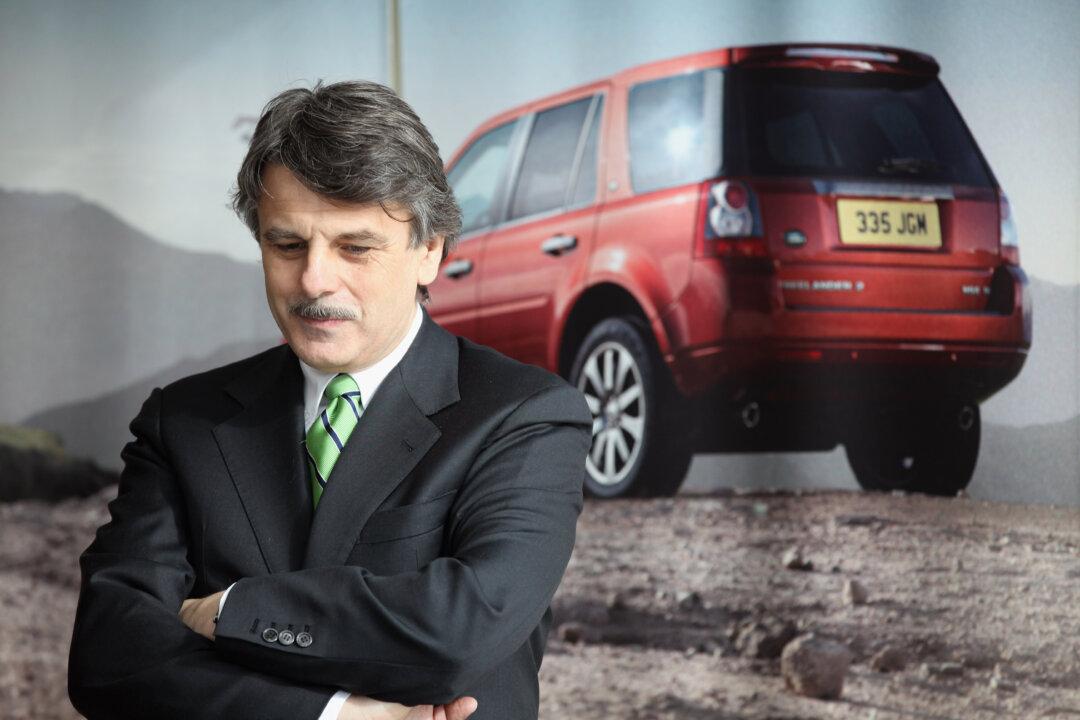Jaguar Land Rover has taken a hard lesson on copyright protection in China, and has announced it will not pursue legal action against Jiangling Motors for copying its most popular vehicle in China.
“I really regret that all of a sudden, copy-and-paste is coming up again,” Land Rover Chief Executive Officer Ralf Speth told reporters, according to Autoweek.
“There are no laws,” Speth said. “There’s nothing to protect us, so we have to take it as it is.”
Jaguar Land Rover was given a surprise when it opened a plant outside Shanghai in October last year. The first vehicle set to roll off the line at its first overseas manufacturing plant was its luxury Range Rover Evoque sport-utility vehicle, which was its most popular vehicle in China.
There are no laws. There's nothing to protect us, so we have to take it as it is.—Ralf Speth, Land Rover chief executive





